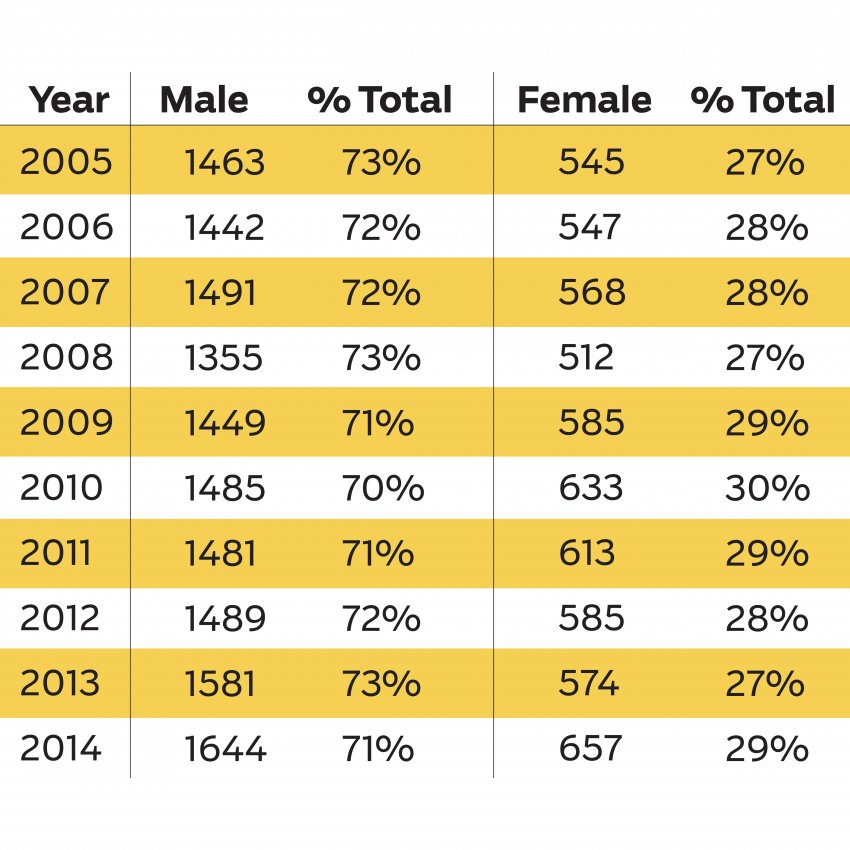First things first: I've never done a triathlon. I swim like a St. Bernard. But I've done a lot of endurance bike racing, and I've been at more than one event with a death, the most recent the 2017 Dirty Kanza. So I was interested that in the latest Annals of Internal Medicine, investigators looked into a sudden death database to identify 135 race-related deaths and cardiac arrests in American triathlons between 1985 and 2016. Interestingly, right at two-thirds of deaths and arrests happened in the swim part of races, which usually comes first, before the bike and run. The editorialists spend a lot of energy trying to link swimming to some special form of stress from cold water or other factors that might be extra-dangerous. But to me, the swimming link seems consistent with the finding that in autopsies, about half of subjects had cardiovascular abnormalities, most often old-fashioned atherosclerotic disease. Swimming caught most of these people simply because it was the first event. Had running or cycling come first, I suspect one of them might have been the death leader. I'm not convinced by their observation that most marathoners die toward the end of races; anyone who's seen the scrum at the beginning of a triathlon knows that it's inherently different than the often walking pace seen at the start of a marathon:
From http://www.zwemza.com/?p=5515, triathletes tempting fate.
85% of victims were male, but I'm not sure the significance of that number, since >60% of participants (at least in pro Ironman races) are male:
From https://www.outsideonline.com/1964906/fight-gender-equality-ironman
And if you look at total Ironman competitors, the distribution of sex comes much closer to the death/cardiac arrest statistics:
But sex aside, we're forced to see that cardiac arrest and death are not rare among triathletes. Between 2006 and 2016, their incidence was 1.74 per 100,000 participants in the study. The risk of death increased with increasing age, unsurprisingly. Don't let this dissuade you from being more active. The benefits of physical activity far, far outweigh the risks in almost everyone. If you're inactive now and thinking of becoming active, or if you're active now and thinking of doing really hard-core things like triathlon, consider taking the American College of Sports Medicine's new-ish algorithm to your doctor and talking it over before you hit it really hard:
We don't know how really weird stuff like performance enhancing drugs effects this. My suspicion is that it's not good.





